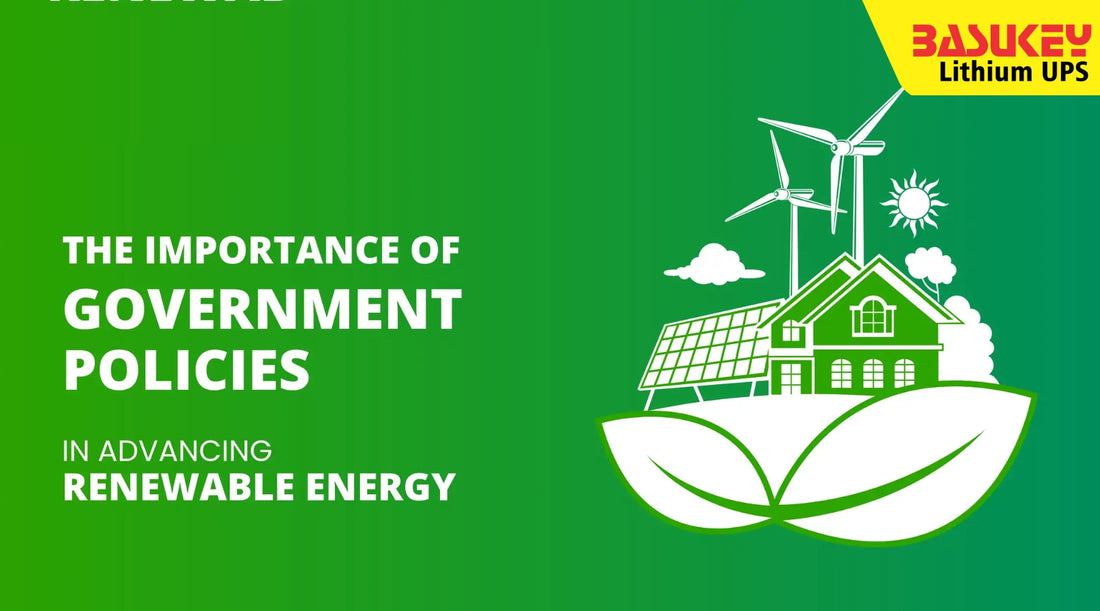
Why Governments Are Offering Incentives for Energy Storage Adoption
Share
As the world transitions towards a more sustainable future, governments are increasingly offering incentives to promote the adoption of energy storage solutions. But why are these incentives so important, and how do they benefit both consumers and the environment?
What are the key reasons behind government incentives for energy storage adoption?
One of the primary reasons governments are offering incentives for energy storage adoption is to reduce reliance on traditional fossil fuels. By encouraging the use of renewable energy sources such as solar and wind power, energy storage systems help decrease carbon emissions and combat climate change.
Additionally, energy storage technologies play a crucial role in enhancing grid reliability and stability. By storing excess energy during times of low demand and releasing it during peak hours, these systems help prevent blackouts and ensure a consistent power supply for consumers.
How do government incentives benefit consumers?
Government incentives for energy storage adoption can significantly reduce the upfront costs associated with installing these systems. This, in turn, makes renewable energy more accessible and affordable for homeowners and businesses, leading to long-term savings on energy bills.
Moreover, energy storage solutions empower consumers to take control of their energy usage. By storing energy generated from solar panels or wind turbines, individuals can reduce their reliance on the grid and become more self-sufficient in meeting their power needs.
What are the environmental benefits of energy storage incentives?
By promoting the widespread adoption of energy storage technologies, governments can accelerate the transition to a cleaner and more sustainable energy system. This, in turn, helps reduce air pollution, mitigate the impacts of climate change, and preserve natural resources for future generations.
Furthermore, energy storage systems enable the integration of intermittent renewable energy sources into the grid, making it more flexible and resilient. This paves the way for a more efficient and environmentally friendly energy infrastructure.
In conclusion, government incentives for energy storage adoption play a vital role in driving the transition towards a greener and more sustainable energy future. By supporting the deployment of energy storage solutions, governments can promote renewable energy, enhance grid reliability, and reduce carbon emissions, benefiting both consumers and the environment in the process.
